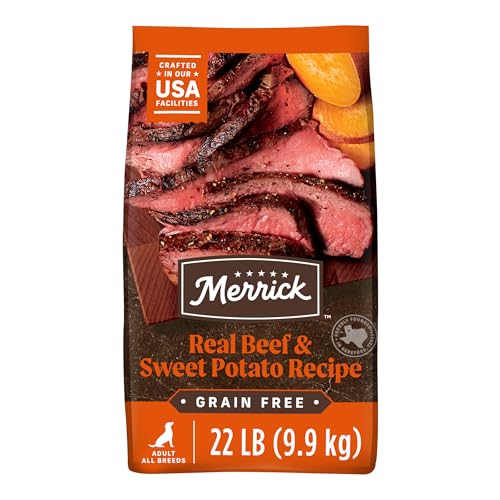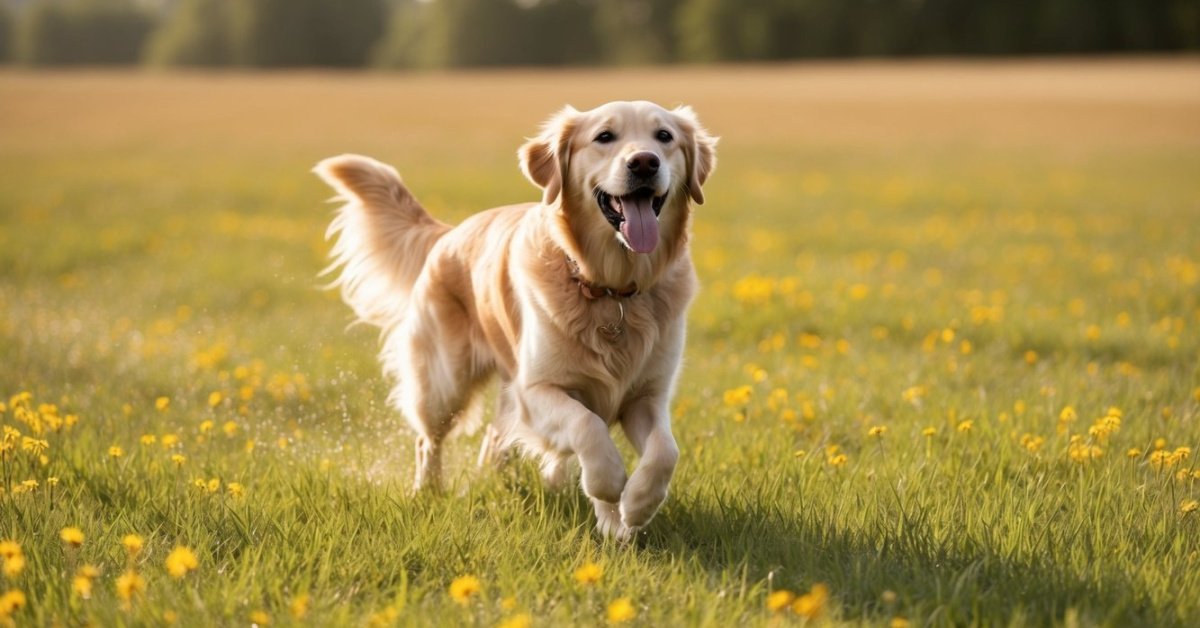Golden Retrievers are one of the most beloved dog breeds, known for their friendly nature and loyalty. But like any breed, they come with their own set of health challenges. One of the most concerning issues for Golden owners is the increased risk of cancer. Understanding this risk can help us be more vigilant and proactive in caring for our furry friends.
As a proud Golden Retriever owner, I know how important it is to recognize the signs of potential health problems early on. By being aware of the common types of cancer that affect our dogs and the warning signs to watch for, we can ensure they live their happiest and healthiest lives. Let’s dive into the specifics of cancer risks in Golden Retrievers and what we can do to keep them safe.
Understanding Golden Retriever Cancer Risks
Golden Retrievers face significant cancer risks, making it crucial for owners to understand potential issues. Awareness of common types and genetic factors can help in early detection and intervention.
Common Types of Cancer in Golden Retrievers
Golden Retrievers commonly develop certain cancers, including:
- Lymphoma: Lymphoma affects the lymphatic system and presents as swollen lymph nodes or unexplained weight loss.
- Hemangiosarcoma: This aggressive cancer originates in blood vessels, often leading to internal bleeding and sudden lethargy.
- Osteosarcoma: Osteosarcoma presents with limping or swelling in limbs and primarily affects older dogs.
- Mast Cell Tumors: These skin tumors can appear as lumps and may cause itching or irritation.
- Multilobular Osteosarcoma: Occurring in the skull, it can lead to facial swelling or discomfort.
Understanding these types helps in monitoring any changes in my dog’s health and seeking veterinary assistance promptly.
Genetic Predispositions to Cancer
Genetics plays a significant role in the cancer risks for Golden Retrievers. This breed is susceptible to hereditary conditions, mainly due to selective breeding. Key genetic factors include:
- Family History: A background of cancer in a dog’s lineage increases the likelihood of similar issues.
- Age Considerations: Older Golden Retrievers face heightened cancer risks, particularly after age 10.
- Specific Genetic Markers: Certain genes may predispose Golden Retrievers to cancers like lymphoma, influencing their health.
Awareness of these genetic risks aids in proactive health management. Regular veterinary check-ups allow for early detection and timely treatment of potential cancers.
Recognizing Early Signs of Cancer
Early detection of cancer in Golden Retrievers significantly improves treatment outcomes. Observing their behavior and physical condition is crucial in identifying possible health concerns.
Behavioral Changes
Changes in behavior can indicate health issues. Watch for signs such as:
- Increased lethargy: If your dog shows less interest in play or activities.
- Irritability: If your dog becomes more aggressive or withdrawn than usual.
- Loss of appetite: If your dog stops eating or shows disinterest in food.
- Restlessness: If your dog seems unable to settle down or frequently paces.
Noticing these changes can prompt discussions with a veterinarian about potential health issues.
Physical Symptoms to Watch For
Be attentive to physical signs that may suggest cancer. Look for:
- Unexplained weight loss: Significant weight loss without a change in diet can raise red flags.
- Swelling or lumps: Any unusual lumps or growths should be examined.
- Difficulty breathing: Labored breathing or persistent coughing may indicate respiratory issues.
- Persistent vomiting or diarrhea: Ongoing digestive troubles can signify underlying health problems.
Recognizing these physical symptoms early allows for prompt veterinary evaluation and can lead to more effective treatment options.
Risk Factors for Cancer Development
Understanding risk factors is vital for Golden Retriever health management. Several elements contribute to their cancer development, including age and environmental influences.
Age and Its Impact
Age significantly impacts cancer risk in Golden Retrievers. Most cancers develop in dogs over the age of 7, as cell mutations become more common. Older dogs face higher chances of developing serious conditions like lymphoma and osteosarcoma. Regular veterinary check-ups are essential for early detection as I watch for age-related symptoms.

Environmental Influences
« Ultimate Feeding Guide for Golden Retriever Puppies: Nutrition Tips for Healthy Growth
Essential Tips for Training a Golden Retriever Puppy to Sit: A Complete Guide »
Environmental factors also play a role in cancer risks. Exposure to harmful chemicals, including pesticides and herbicides, can increase the likelihood of tumor development. Diet quality impacts overall health; a well-balanced, nutritious diet helps reduce risks. Additionally, maintaining a healthy weight reduces stress on bones and joints, lowering cancer potential. Awareness of surroundings can enhance my Golden Retriever’s well-being and possibly decrease cancer threats.
Prevention Strategies
I prioritize several strategies to minimize cancer risks in Golden Retrievers. These approaches focus on regular veterinary check-ups and maintaining a healthy diet and lifestyle.
Regular Veterinary Check-ups
Regular veterinary check-ups are essential for early cancer detection in Golden Retrievers. I schedule annual visits, or biannual for senior dogs, to catch potential health issues before they escalate. Vets can conduct physical examinations and recommend diagnostic tests like blood tests, X-rays, or ultrasounds. Staying proactive fosters a transparent relationship with my veterinarian, enabling me to discuss any behavioral or physical changes I observe in my dog.
Nutrition and Lifestyle Considerations
Nutrition plays a critical role in my Golden Retriever’s health and cancer risk. I provide a balanced diet rich in antioxidants, lean proteins, and omega-3 fatty acids, which help support overall well-being. Avoiding processed foods and low-quality pet products is essential. I also focus on maintaining a healthy weight to reduce the risk of joint stress and associated health issues. Regular exercise contributes to my dog’s physical and mental health, reducing lethargy and supporting a robust immune system. Engaging in daily activities keeps my Golden Retriever active and reduces cancer odds.
Conclusion
Being a Golden Retriever owner comes with its own set of joys and challenges. Understanding the cancer risks that our furry friends face is crucial for their well-being. By staying vigilant and recognizing the signs early we can make a significant difference in their health.
I’ve learned that regular vet visits and a balanced diet are key components in keeping my Golden healthy. It’s all about being proactive and attentive to the little changes in their behavior and health. Together we can create a loving environment that supports their longevity and happiness. Let’s cherish every moment with our loyal companions while prioritizing their health.

















